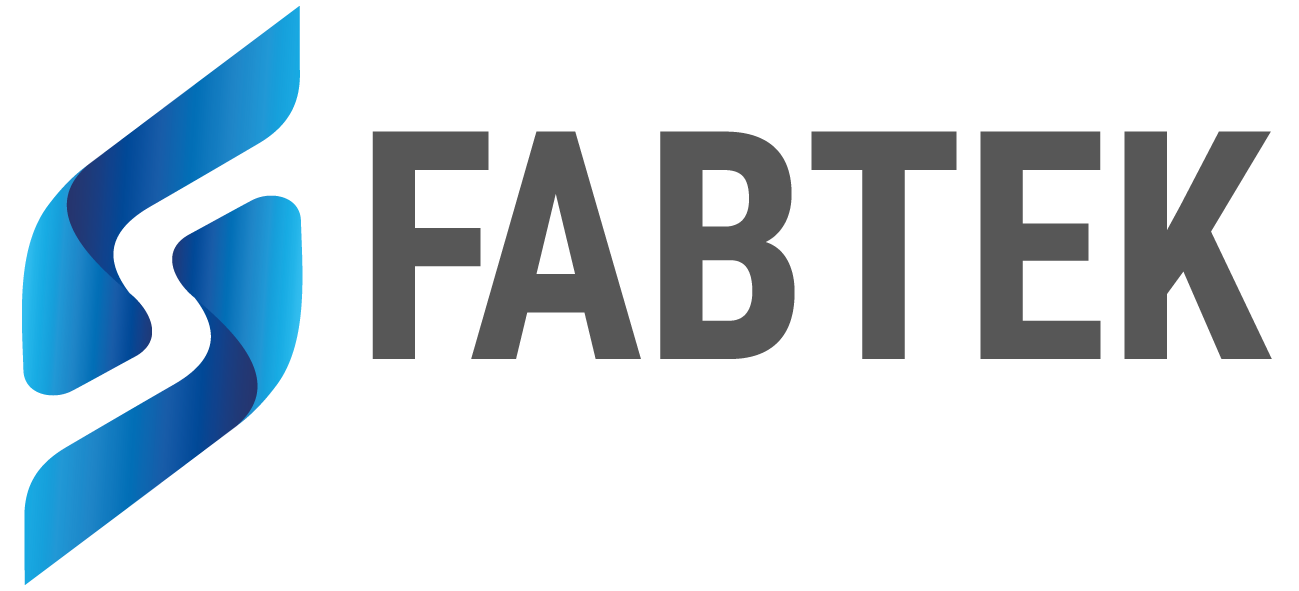Cloud Computing: The Future of IT Infrastructure
In today’s digital age, businesses need to be agile, flexible, and scalable to remain competitive. Cloud computing has emerged as a game-changer in the world of IT infrastructure, enabling businesses of all sizes to access advanced technology resources and services on demand, without the need for significant upfront investment.
What is Cloud Computing?

Cloud computing is a model of delivering computing resources and services over the internet, including servers, storage, databases, software, analytics, and more. Instead of relying on local servers and hardware, businesses can access cloud-based services and resources on a pay-as-you-go basis, scaling up or down as needed.
Types of Cloud Computing Services
There are three types of cloud computing services:
- Infrastructure as a Service (IaaS): IaaS provides businesses with access to virtualized computing resources, including servers, storage, and networks. This enables businesses to avoid the costs and complexities of managing their own hardware and infrastructure.
- Platform as a Service (PaaS): PaaS provides businesses with a platform for building, deploying, and managing applications on the cloud. This enables businesses to focus on developing their applications, without worrying about the underlying infrastructure.
- Software as a Service (SaaS): SaaS provides businesses with access to cloud-based software applications, including email, customer relationship management (CRM), and enterprise resource planning (ERP). This enables businesses to avoid the costs and complexities of managing their own software and applications.
Benefits of Cloud Computing
Cloud computing offers several benefits for businesses, including:
- Cost Savings: Cloud computing eliminates the need for significant upfront investment in hardware and infrastructure, enabling businesses to pay only for the resources and services they use.
- Scalability: Cloud computing enables businesses to scale up or down as needed, without the need for significant capital investment.
- Flexibility: Cloud computing enables businesses to access resources and services from anywhere, at any time, using any device with an internet connection.
- Security: Cloud computing providers implement advanced security measures, including data encryption and multi-factor authentication, to protect businesses’ data and applications.
- Disaster Recovery: Cloud computing providers offer disaster recovery solutions, enabling businesses to recover from data loss or system failures quickly and easily.
Cloud Computing with FABTEK
At FABTEK, we offer a comprehensive range of cloud computing services, including IaaS, PaaS, and SaaS solutions. Our team of certified cloud computing experts can help you migrate your applications and data to the cloud, ensuring seamless integration with your existing IT infrastructure.
We work with leading cloud computing providers, including Microsoft Azure, Amazon Web Services (AWS), and Google Cloud Platform, to deliver robust, reliable, and secure cloud solutions that meet your specific needs and requirements.
Conclusion
Cloud computing is the future of IT infrastructure, enabling businesses of all sizes to access advanced technology resources and services on demand, without significant upfront investment. At FABTEK, we offer comprehensive cloud computing solutions that enable businesses to achieve agility, flexibility, and scalability, while reducing costs and improving security. Contact us today to learn more about our cloud computing services and how we can help your business achieve its strategic objectives.

